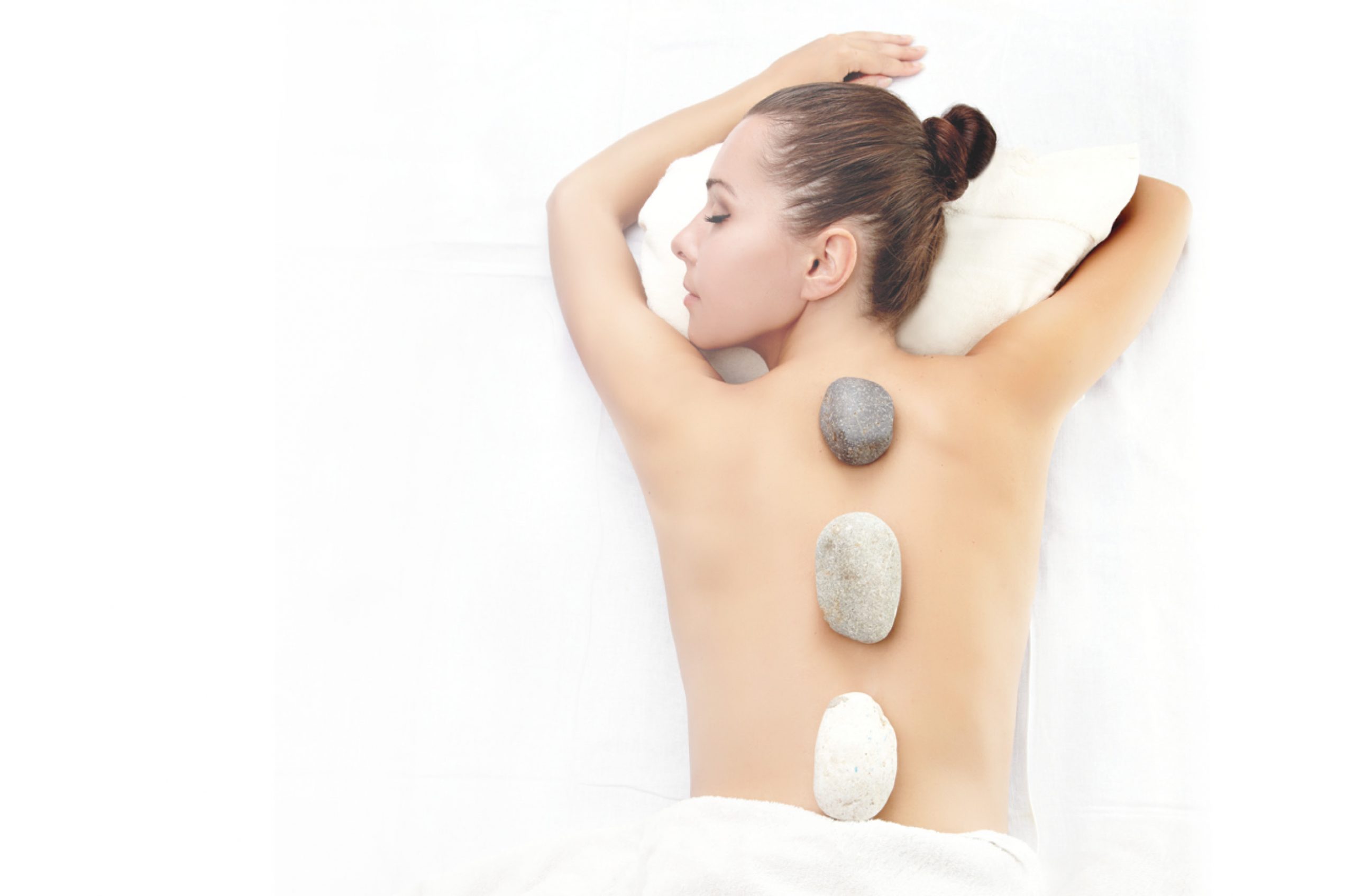Women are often so busy looking after others that it can be a challenge to carve out time for their own well-being. While it may seem like an uphill battle trying to make space in your schedule for relaxation, recentering and stress management, there are some relatively simple ways they can be accomplished. If you think of caring for yourself as an essential part of caring for others, it may become a little easier to justify time spent on it.
Here are some key points to remember about addressing stress for better overall health.
- A small amount of stress can be beneficial, as it can motivate you to perform tasks and duties well. But when stress levels start to mount, your brain kicks into ‘fight or flight’ mode, signaling your body to release hormones that boost heart rate and blood pressure. Your muscles tighten, and your adrenal glands release stress hormones like cortisol and adrenaline.
- These physical responses are intended to help your body deal with increased threats to its safety. But when work and family stressors come at you non-stop, your mind and body are never able to reset to a normal, relaxed state.
- Long-term stress may lead to problems like insomnia, headaches, heartburn, back pain, indigestion and heart palpitations. It also can contribute to behavioral issues like forgetfulness, poor concentration, indecisiveness, overeating and smoking.
- Simple stress avoidance techniques can help your mind and body adapt to the demands of everyday life. First, identify situations that make you feel irritable or upset, like waiting in long lines, sitting in traffic or being late for meetings. Then, work on ways of getting around them, like going to the store at off-peak hours, setting smartphone reminders or waking up a few minutes earlier.
- Other stress management tools that can be woven into your routine include relaxation methods to lower blood pressure, stress hormone levels, and breathing and heart rates. Meditation and breathing exercises are good examples, and they can be done almost anywhere, like your car or a quiet corner of the office break room. Yoga also can be beneficial.
- Exercise offers many benefits for combating the pressures of daily life. Being active reduces the body’s stress hormones and increases the production of endorphins, which act as natural mood elevators and painkillers. Studies also have shown that physical activity may reduce the stressful effects of anxiety and depression. Any type of exercise can help, from walking around the block at lunchtime to taking a vigorous fitness class.
- Positive goal setting can help mitigate the effects of stress. It’s easier to feel good about daily activities when you can check small and large accomplishments off of a list each day. Stress-busting goals can be set in any area of your life, including work, home, relationships, health and relaxation time.
- Seeing a cognitive behavioral therapist or other professional counselor can help you correct unhealthy psychological and emotional habits that contribute to stress.
Sources: Mayo Clinic, Harvard Medical School








